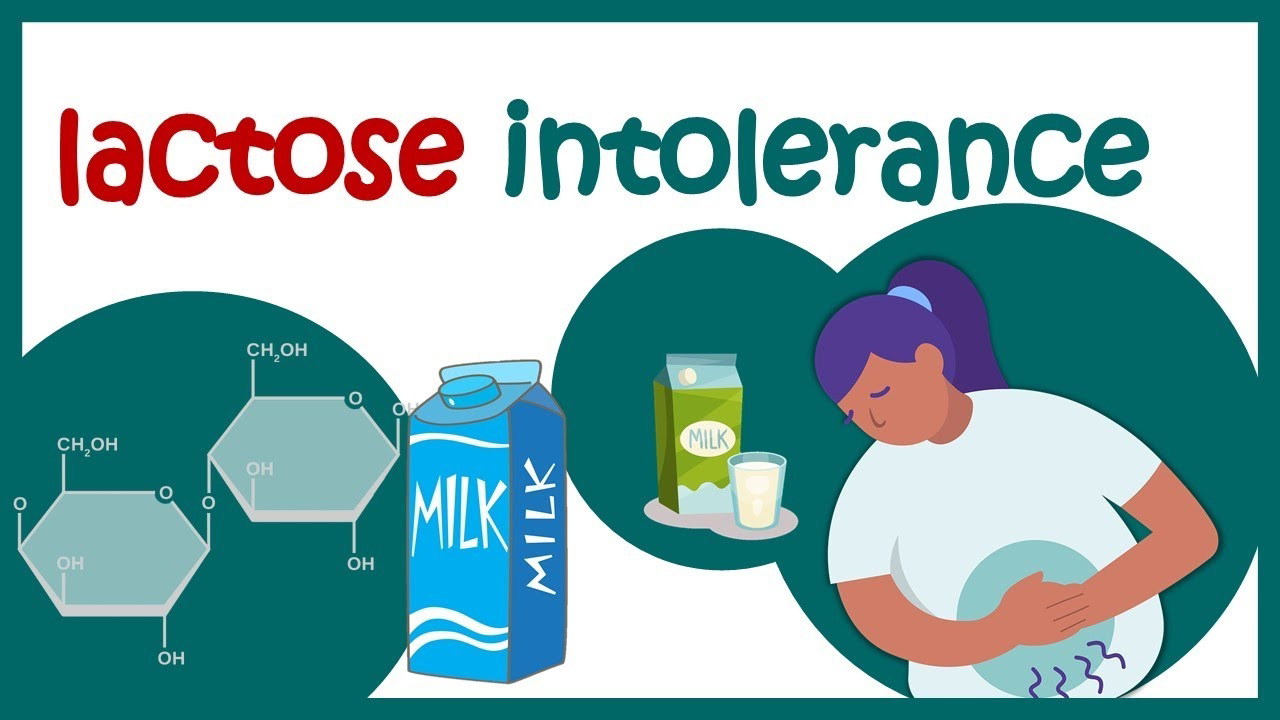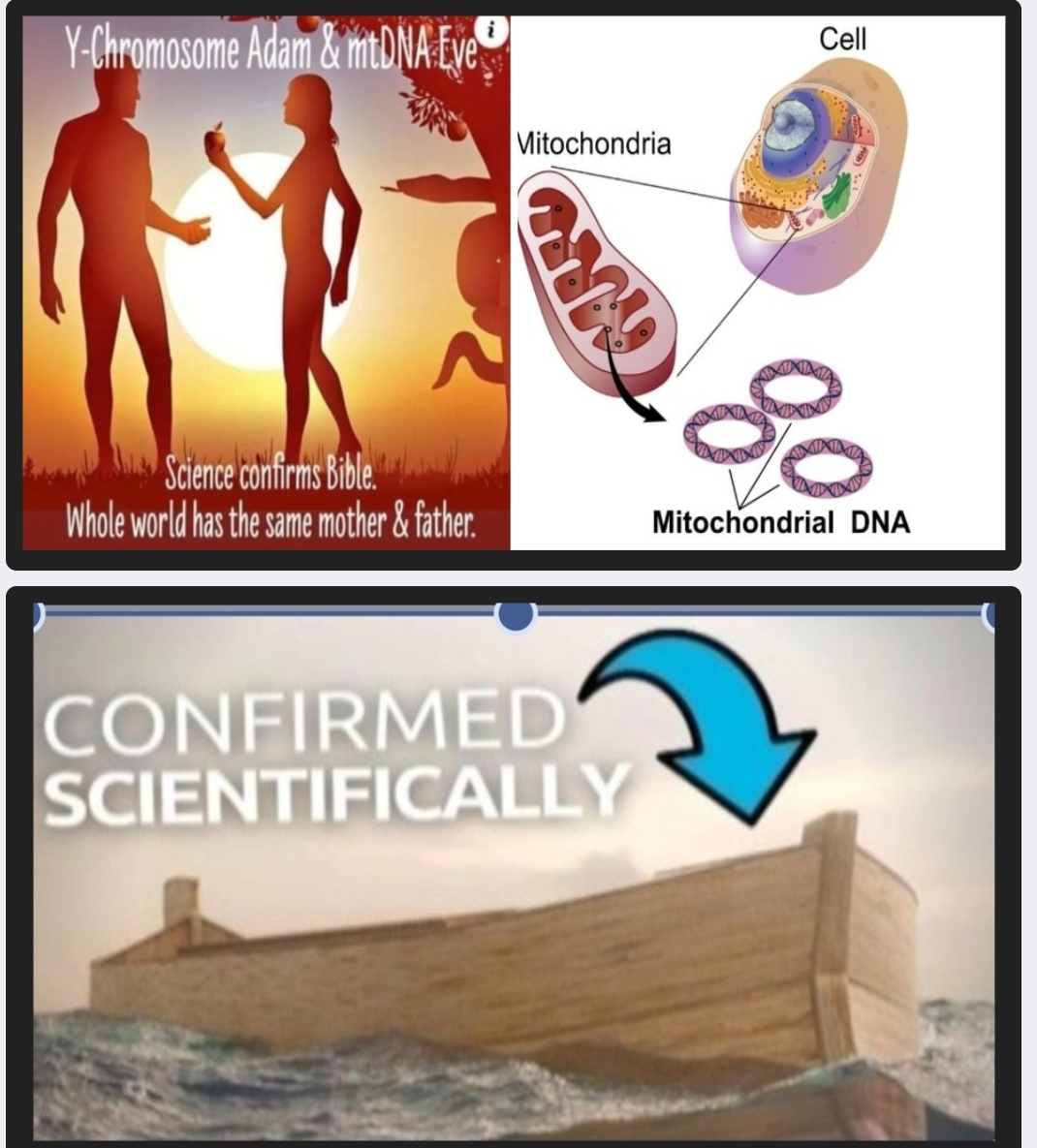Epigenetics explains Lactose Intolerance without Darwin
The article "Lactase nonpersistence is directed by DNA-variation-dependent epigenetic aging" by Labrie et al. (2016) investigated the epigenetic factors that contribute to lactase nonpersistence. Lactase nonpersistence is the inability to digest lactose, a sugar found in milk. This is a common trait in adult mammals, except in certain human populations that exhibit lactase persistence.
The researchers found that epigenetic changes, which are chemical modifications to DNA that can affect gene expression, play a role in lactase nonpersistence. Specifically, they found that the LCT gene, which encodes the lactase enzyme, accumulates certain types of epigenetic marks with age in lactase nonpersistent individuals. These marks silence the gene, leading to a decrease in lactase production.
The researchers also found that the DNA sequence of the LCT gene can influence the rate of epigenetic aging. Individuals with a certain DNA variation at the LCT gene are more likely to develop lactase nonpersistence, and their LCT genes accumulate epigenetic marks more rapidly with age.
These findings suggest that epigenetic changes are a major factor in lactase nonpersistence. The researchers believe that these changes may be influenced by both genetic and environmental factors. They also believe that the findings may have implications for the development of new treatments for lactose intolerance.
Here are some of the key takeaways from the article:
Lactase nonpersistence is caused by a decrease in lactase production with age.
Epigenetic changes play a role in lactase nonpersistence.
The DNA sequence of the LCT gene can influence the rate of epigenetic aging.
Epigenetic changes may be influenced by both genetic and environmental factors.
The findings may have implications for the development of new treatments for lactose intolerance.
The article "Lactase nonpersistence is directed by DNA-variation-dependent epigenetic aging" by P.A. Paschos et al. (2016) provides evidence that epigenetic changes, rather than genetic changes, are responsible for the age-dependent downregulation of the lactase gene in most humans. This finding challenges the neodarwinian view of evolution, which holds that genetic changes are the only source of evolutionary variation.
In neodarwinism, evolution is driven by natural selection, which acts on genetic variation in a population. If a genetic mutation provides an individual with a fitness advantage, that individual is more likely to survive and reproduce, passing on the mutation to its offspring. Over time, this process of natural selection can lead to the evolution of new traits.
The article by Paschos et al. suggests that epigenetic changes can also contribute to evolution. Epigenetic changes are modifications to DNA that do not alter the underlying genetic sequence, but can affect how genes are expressed. These changes can be inherited from parents to offspring, and can accumulate over time, leading to changes in phenotype.
The authors of the article found that epigenetic changes at the lactase gene are responsible for the age-dependent downregulation of the gene in most humans. This suggests that epigenetic changes, rather than genetic changes, are the primary driver of lactase nonpersistence in humans.
This finding has implications for our understanding of evolution. It suggests that epigenetic changes, in addition to genetic changes, can be a source of evolutionary variation. This could lead to the evolution of new traits that are not directly caused by changes in the DNA sequence as per NeoDarwinism.
The article by Paschos et al. provides a new perspective on the role of epigenetics in evolution. It suggests that epigenetic changes can play a significant role in shaping the evolution of species. This finding has important implications for our understanding of how evolution works, and could lead to new insights into the origins of human traits.
In addition to the neodarwinian view of evolution, there are other theories of evolution that do not rely solely on genetic changes. These theories include Lamarckism, which proposes that acquired traits can be inherited, and orthogenesis, which proposes that evolution is driven by an internal force. The finding by Paschos et al. supports the view that epigenetic changes can be a source of evolutionary variation, and could provide evidence for these alternative theories of evolution.




Comments
Post a Comment